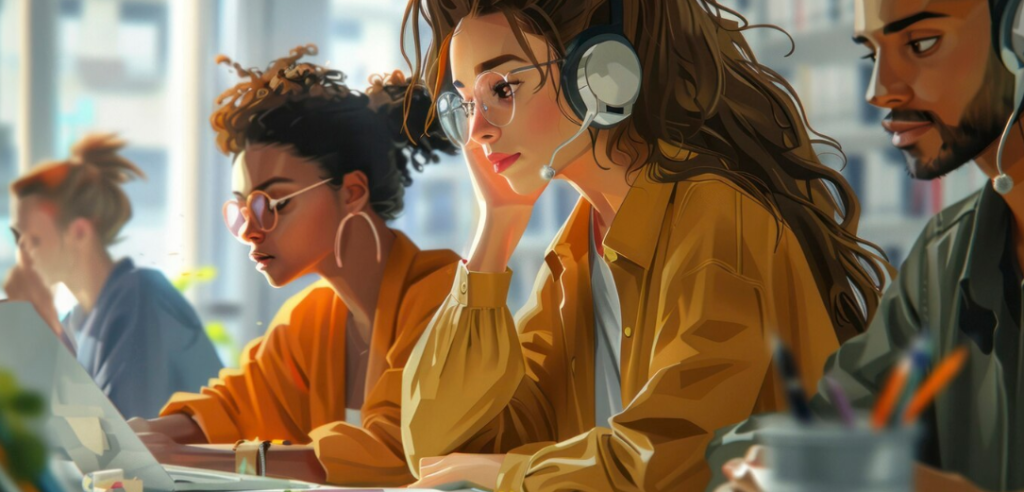Education is evolving rapidly, driven by technological advancements, shifting societal needs, and innovative teaching methodologies. As we move into the future, several trends and innovations are reshaping the way we learn and teach. In this article, we will explore some of the most significant changes that are defining the future of education.
1. Personalized Learning
Personalized learning tailors educational experiences to the unique needs, preferences, and learning speeds of individual students. Through data analytics and artificial intelligence (AI), educators can create customized lesson plans that adapt in real time, ensuring each student receives the support they need.
2. Online and Hybrid Learning
The COVID-19 pandemic accelerated the adoption of online education, and this trend is here to stay. Online and hybrid learning models provide flexibility, allowing students to learn at their own pace while accessing high-quality resources from anywhere in the world. Learning management systems (LMS) and video conferencing tools are making education more accessible than ever before.
3. Artificial Intelligence in Education
AI-powered tools are revolutionizing education by automating administrative tasks, enhancing grading processes, and providing intelligent tutoring systems. AI chatbots and virtual assistants can offer instant feedback, answer student queries, and create an interactive learning environment.
4. Gamification and Immersive Learning
Gamification uses elements of game design, such as rewards and challenges, to make learning more engaging. Meanwhile, immersive technologies like virtual reality (VR) and augmented reality (AR) enable students to experience hands-on learning in virtual environments, improving retention and comprehension.
5. Blockchain for Credentials and Certifications
Blockchain technology is being used to store and verify educational credentials securely. This innovation reduces the risk of credential fraud and makes it easier for students to share their qualifications with employers and institutions worldwide.
6. Focus on Soft Skills and Lifelong Learning
As the job market evolves, there is an increasing emphasis on soft skills such as critical thinking, creativity, communication, and collaboration. Additionally, lifelong learning is becoming essential, as professionals must continuously upskill to stay relevant in their fields.
7. Sustainable and Inclusive Education
Sustainability and inclusivity are becoming core values in education. Schools and institutions are adopting eco-friendly practices, while educators are working to create more inclusive learning environments that cater to diverse needs, including students with disabilities and those from underprivileged backgrounds.
Conclusion
The future of education is being shaped by technological advancements and a greater emphasis on personalized, flexible, and skill-based learning. As these trends continue to develop, they promise to create a more inclusive, efficient, and engaging educational landscape for learners worldwide.


